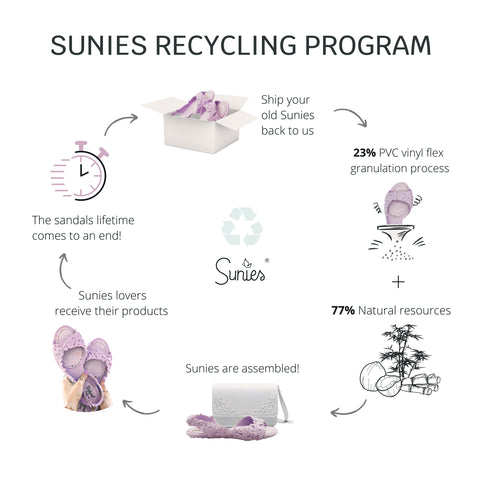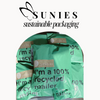The Impact of Fast Fashion and Why Sustainable Footwear is Important

Fast fashion is a term used to describe the mass production of clothing and accessories that are designed to be worn for a short period of time and then disposed of. This business model has become increasingly popular in recent years due to the low prices and fast turnover of styles, but it has come at a cost to the environment. The fashion industry is responsible for a significant amount of pollution and waste, making sustainable footwear more important than ever.
The Impact of Fast Fashion on the Environment
The fast fashion industry is one of the largest polluters in the world. The production of clothing requires a significant amount of water, energy, and resources, and the disposal of these items contributes to landfill waste and water pollution. In addition, the use of synthetic materials and harsh chemicals in production can have negative impacts on both the environment and the workers who produce the clothing.
Fast fashion also contributes to the pollution of waterways and soil. Textile dyeing and finishing are among the most polluting and water-intensive processes in the fashion industry. The chemicals used in these processes are often toxic and can cause significant damage to the environment. The wastewater generated during textile production is often released into nearby rivers and streams, polluting the water supply and harming aquatic life. In addition, fast fashion production is associated with soil degradation and deforestation, as cotton and other natural fibers require significant amounts of land to grow, and the overuse of synthetic fibers can release microplastics into the soil. All of these factors contribute to the significant environmental impact of fast fashion.
The Importance of Sustainable Footwear
Sustainable footwear is important because it offers an alternative to the harmful practices of the fast fashion industry. By using natural and renewable resources, sustainable footwear brands like Sunies can reduce their environmental impact and create products that are both stylish and eco-friendly. For example, Sunies sandals are made of bamboo fibers, a highly sustainable material that requires very little water or pesticides to grow. In addition, the use of coconut oil and fibers in our sandals provides natural antibacterial properties and helps to moisturize the skin, making them a healthy choice for your feet.
The Benefits of Choosing Sustainable Footwear
Choosing sustainable footwear offers numerous benefits for both the environment and the consumer. By supporting sustainable brands, consumers can help to reduce the environmental impact of the fashion industry and promote ethical and sustainable practices. In addition, sustainable footwear is often made with high-quality materials that are more durable and longer-lasting than fast fashion items, reducing the need for frequent replacements and contributing to a more sustainable consumer culture.
Here are Sunies, all our products are made of natural and recyclable resources like sugar cane, bamboo, coconut fibers, salt, and more. And we offer a Recycling Program when the Sunies' life comes to an end.
Minimizing Your Environmental Footprint
There are many ways to minimize your environmental footprint when it comes to fashion and footwear. One of the most effective ways is to choose sustainable brands like Sunies that prioritize eco-friendly practices and use natural and renewable resources. Additionally, consumers can reduce their impact by choosing high-quality items that are designed to last, and by avoiding disposable or single-use items.
Minimizing your environmental footprint can be achieved by making conscious choices when it comes to fashion. Choosing to support sustainable fashion brands, like Sunies, is a great way to reduce your environmental impact. It's also important to consider the life cycle of your clothing and footwear. Opt for high-quality pieces that are durable and made to last, rather than fast fashion items that are designed to be disposable. You can also reduce your footprint by repairing and repurposing clothing and footwear, rather than throwing them away. Finally, consider the environmental impact of your fashion choices beyond just the product itself, such as the packaging and shipping. By making these small changes in your fashion choices, you can significantly reduce your environmental footprint and contribute to a more sustainable future.
Click here to see more about how we minimise our environmental footprint at Sunies.
Conclusion
The fashion industry has a significant impact on the environment, and the rise of fast fashion has only amplified these negative effects. However, by choosing sustainable footwear and supporting brands like Sunies, consumers can make a positive impact on the environment and promote ethical and sustainable practices. By prioritizing natural and renewable resources, minimizing waste, and promoting eco-friendly practices, sustainable footwear brands are leading the way towards a more sustainable and responsible fashion industry.






